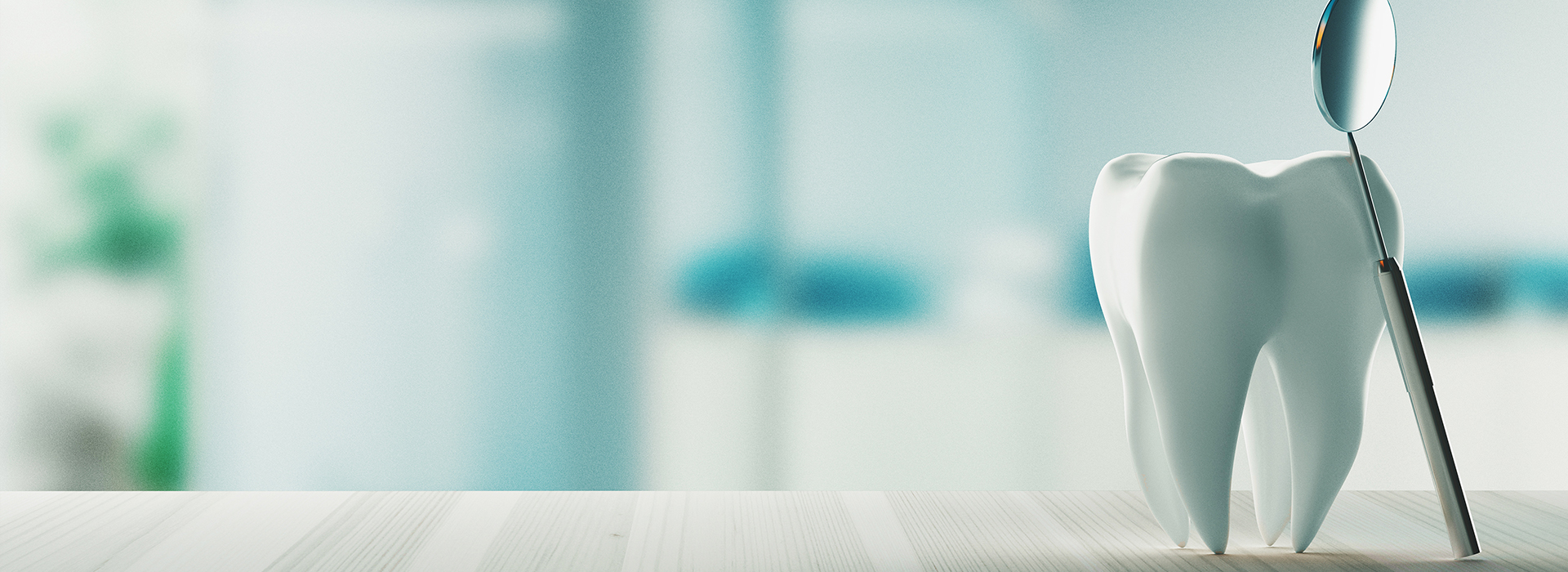
At the office of Seals Family Dentistry, we combine modern materials with thoughtful treatment planning to restore teeth that have been weakened by decay, injury, or previous dental work. Ceramic crowns give patients a way to protect a tooth while preserving a natural appearance and comfortable function.
Teeth are exceptionally strong, but when a significant portion of a tooth is lost or compromised, a simple filling may not be enough to restore long-term stability. Crowns are full-coverage restorations designed to rebuild form and strength so patients can bite, chew, and smile with confidence.
Our approach balances clinical science with aesthetic sensibility. We tailor every crown to the unique demands of the tooth, the patient’s bite, and their cosmetic goals, using ceramics that are engineered to look and perform like natural enamel.
A dental crown becomes the preferred restorative option when the remaining tooth structure is insufficient to support a filling, or when a tooth needs protection after a major procedure. Crowns cover the entire visible portion of a prepared tooth, redistributing chewing forces and preventing further breakdown.
Beyond repair, crowns are often chosen for teeth that must serve as anchors for other restorations, such as bridge abutments or implant-supported replacements. They also add structural support for teeth that have undergone root canal therapy, which can become brittle over time without full-coverage protection.
Deciding whether a crown is the right solution requires a careful examination of the tooth’s condition, the patient’s bite, and any cosmetic priorities. We review these factors with patients and present clear options so they understand why a crown may be recommended.
Repairing a tooth with extensive decay or fracture where a filling would not provide adequate support
Replacing or strengthening a large, failing filling that compromises tooth integrity
Restoring an implant abutment so it functions and appears like a natural tooth
Providing full coverage for teeth that serve as support for a bridge
Protecting and reinforcing a tooth after root canal treatment
Improving the shape, size, or color of a tooth when conservative options are insufficient

All-ceramic crowns are metal-free restorations that offer an excellent blend of beauty and biocompatibility. Because they interact with light in a manner similar to natural enamel, ceramic crowns can produce seamless results — especially important for front teeth and visible areas of the mouth.
Contemporary ceramic materials have advanced substantially: certain formulations deliver high strength and fracture resistance while still maintaining the translucency and surface texture that mimic a real tooth. This makes them suitable for many situations that historically called for metal-based restorations.
From a tissue standpoint, ceramic crowns are gentle on the surrounding gums. They do not have a metal margin that can sometimes show at the gumline, and they are not subject to the same kind of corrosion or discoloration concerns as metal-containing crowns.
Highly aesthetic — closely matches the translucency and surface sheen of natural teeth
Potentially conservative — some ceramics permit thinner preparations, preserving more natural tooth where appropriate
Metal-free construction reduces exposure to metal for patients with sensitivities
Resistant to staining and discoloration, maintaining a consistent appearance over time

Not all ceramic crowns are identical. Materials vary in strength, translucency, and the way they are fabricated. The right choice depends on where the tooth sits in the mouth, how much chewing force it must withstand, and how closely the restoration must match adjacent teeth.
For example, some ceramics emphasize lifelike translucency and surface detail, making them ideal for front teeth where aesthetics are paramount. Other formulations deliver greater flexural strength and wear resistance, which can be a better match for posterior teeth that endure heavy biting forces.
Our team evaluates each case carefully and recommends a material that balances durability with the visual outcome the patient expects. Wherever possible, we select ceramics milled from contemporary blocks and blocks designed for optimal longevity and color stability.
Among the commonly used types are:
Lithium disilicate porcelain — noted for excellent aesthetics and reliable strength for many anterior and posterior applications
Leucite-reinforced pressable porcelain — valued for fine surface detail and lifelike translucency in cosmetic zones
Solid or monolithic zirconia — a very strong, fracture-resistant option suited to high-load areas and multi-unit restorations
High-translucent zirconia — offers improved aesthetics while retaining much of zirconia’s strength for select cases

Ceramic crowns are designed for long-term service, but like any dental restoration they benefit from thoughtful care. Good oral hygiene, regular professional cleanings, and routine examinations help detect and address potential concerns before they affect the crown or the supporting tooth.
Avoiding habits that place repeated stress on a crown — such as chewing on hard objects, biting non-food items, or chronic clenching and grinding — can extend the restoration’s lifespan. When excessive forces are present, we may recommend protective measures such as a nightguard to shield your investment.
Periodic evaluations allow the dentist to check the crown’s fit, the health of surrounding gums, and the integrity of the supporting tooth. If small issues are identified early, they can often be managed conservatively without replacing the restoration.
Our practice focuses on a methodical process that starts with a precise diagnosis and continues through meticulous preparation and delivery. We use modern imaging and shade-selection techniques so the finished crown complements your bite and your smile.
Every restoration we place is crafted using materials and laboratory processes chosen for their proven performance. We communicate closely with dental technicians to match color, contour, and surface texture, and we verify fit and comfort at delivery appointments to help ensure a smooth transition.
When patients choose a ceramic crown, they can expect a restoration that aims to restore chewing function, protect the underlying tooth, and blend naturally with neighboring teeth. We prioritize long-term oral health as well as appearance, and we take time to explain maintenance steps and answer patients’ questions.
In summary, ceramic crowns are a versatile and attractive option for restoring damaged or weakened teeth. If you’d like to learn more about ceramic crowns or discuss whether one is right for you, please contact us for more information.

While a dental filling is designed to replace a portion of a decayed or damaged tooth, a dental crown offers full coverage to restore the tooth’s entire outer surface. A well-fitting dental crown not only protects and strengthens the underlying tooth structure, but it also restores the tooth’s appearance and function.
The procedure for getting an all-ceramic crown is much like the procedure for getting any other type of crown. In all cases, the tooth needs to be prepared, an impression taken, and a permanent crown cemented into place. A single all-ceramic crown can typically be fabricated over the course of two visits. However, with CAD/CAM technology, a same-day crown can be fabricated from start to finish in a single visit. With the first approach, a temporary crown is typically worn until the second visit, when the permanent restoration is placed. As with every treatment plan, our office will explain your best options in care.
As the name implies, a temporary crown is only worn for a short time until the permanent crown is placed. A temporary crown is typically fabricated from durable tooth-colored dental acrylics. While designed to protect the underlying tooth between appointments, and until your new permanent crown gets placed, a temporary crown is also fabricated to look like a natural tooth and maintain the look of your smile.
While you should feel better having an attractive and functional tooth to restore your smile, your tooth may feel a little sensitive following treatment. This initial sensitivity will subside. We take great care to make sure your new restoration looks great, fits well, and your bite is perfect. However, we’re always happy to make any minor adjustments to ensure your comfort.
With some exceptions, teeth with root canal procedures are typically restored and protected from further damage with a full-coverage crown. Based on what’s best for your smile, our office will recommend the most appropriate restoration to maintain the health and longevity of your tooth following a root canal procedure.
A dental crown is a long-term restoration that, if properly cared for, can serve you well for many years to come. Once your new crown is placed, it requires the same brushing, flossing, and periodic checkups as your natural teeth. Avoid biting your fingernails and chewing on hard or sticky objects such as ice, pencils, or taffy, which can damage or loosen your crown. Remember, clenching and grinding your teeth puts excessive pressure on both natural teeth and dental restorations. Unless treated, this habit can compromise the longevity and integrity of your dental work, including crowns.
Although your new all-ceramic crown restores the tooth's strength, form, and function, you can still develop dental disease in the absence of proper care. To prevent gum disease and tooth decay, it’s essential to brush and floss as instructed and see our office for routine checkups, cleanings, and care.
How long a dental crown lasts depends on various factors, including your level of oral care, diet, and oral habits. While the standard answer is that dental crowns can last anywhere from 5 to 15 years, existing literature confirms that most dental crowns remain in place at 15 to 20 years.
At the office of Seals Family Dentistry, we strive to provide the highest quality of care to address all your dental needs. Once we’ve had the opportunity to examine your smile, we can give you a clear picture of any dental issues that are present, along with a quote for how much treatment will be. The cost of dental crowns can vary a little, depending on the type of crown and its location. Our goals are to provide the highest quality of care and help patients begin treatment without additional financial stress or delay. We’re always happy to answer all your questions on dental insurance coverage, available financing, and payment plans.
Coverage for all-ceramic crowns depends on your dental insurance plan. Today, many dental plans provide some level of coverage for all-ceramic crowns. At the office of Seals Family Dentistry, we work with patients to optimize their dental benefits and get the care they need to maintain healthy and beautiful smiles!

Whether you're ready to schedule your first appointment, have a question about our services, or need urgent dental care, we’re just a call or click away. Our friendly team is here to make your experience simple, stress-free, and tailored to your needs.